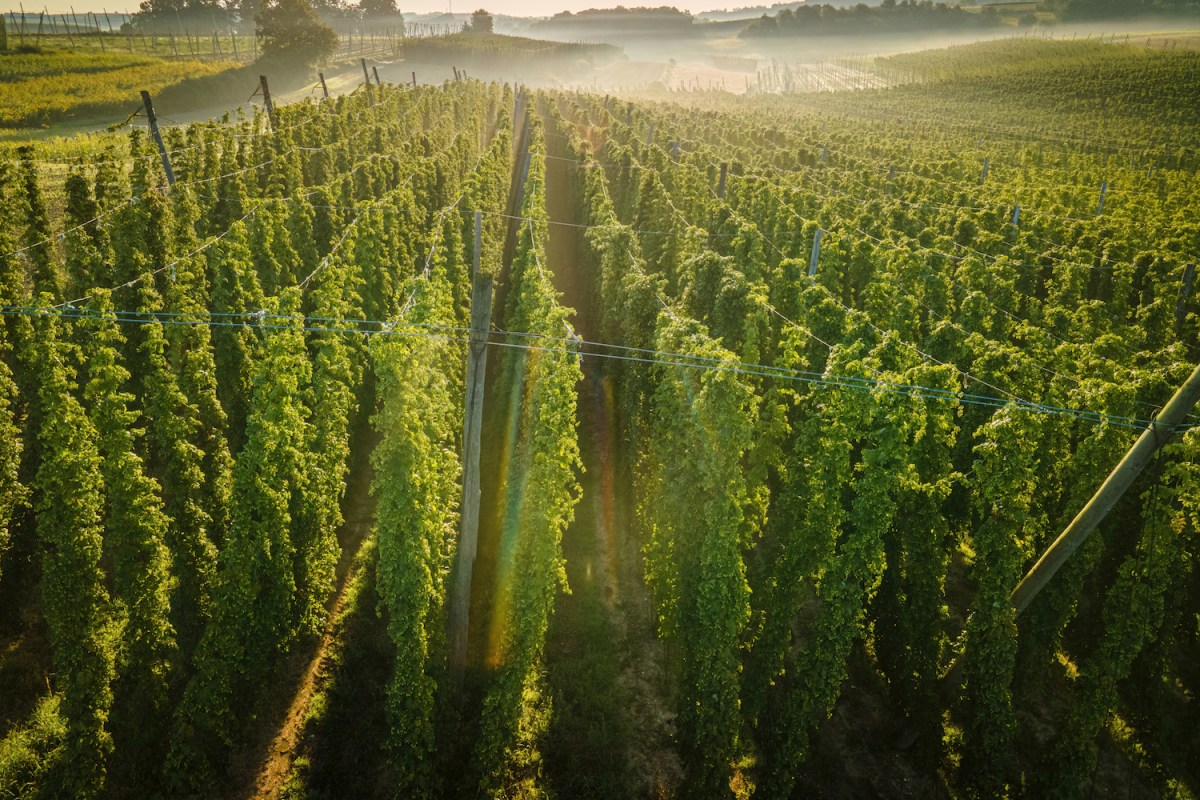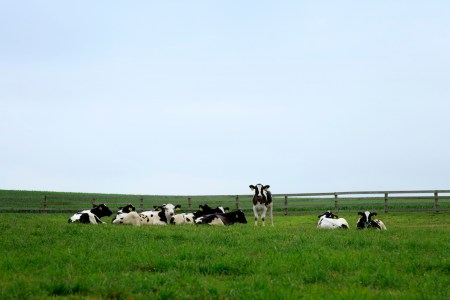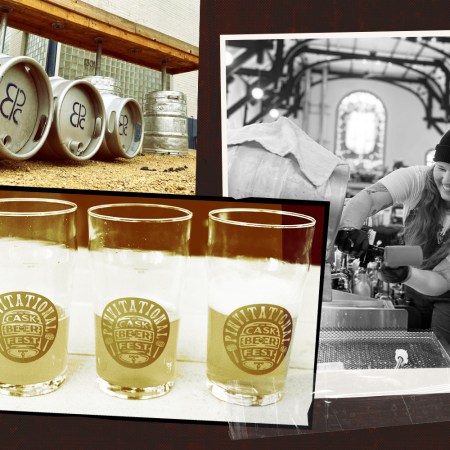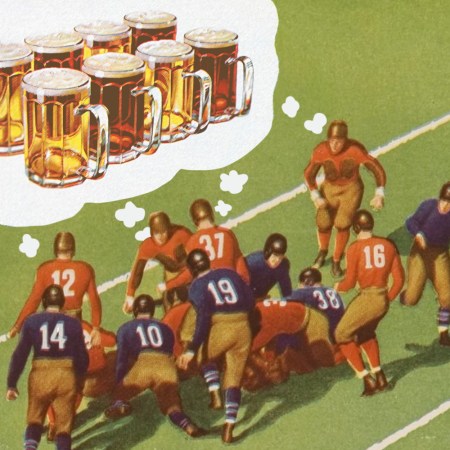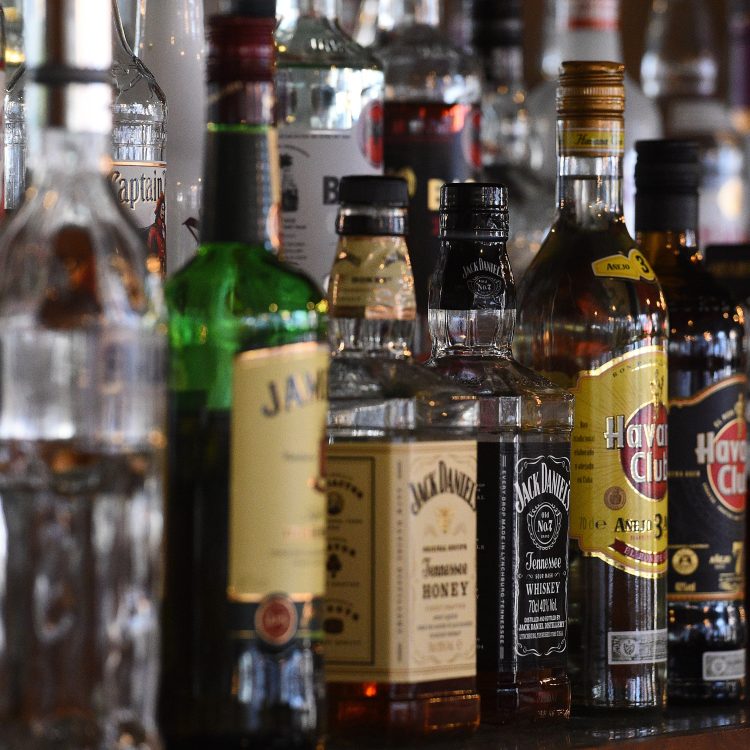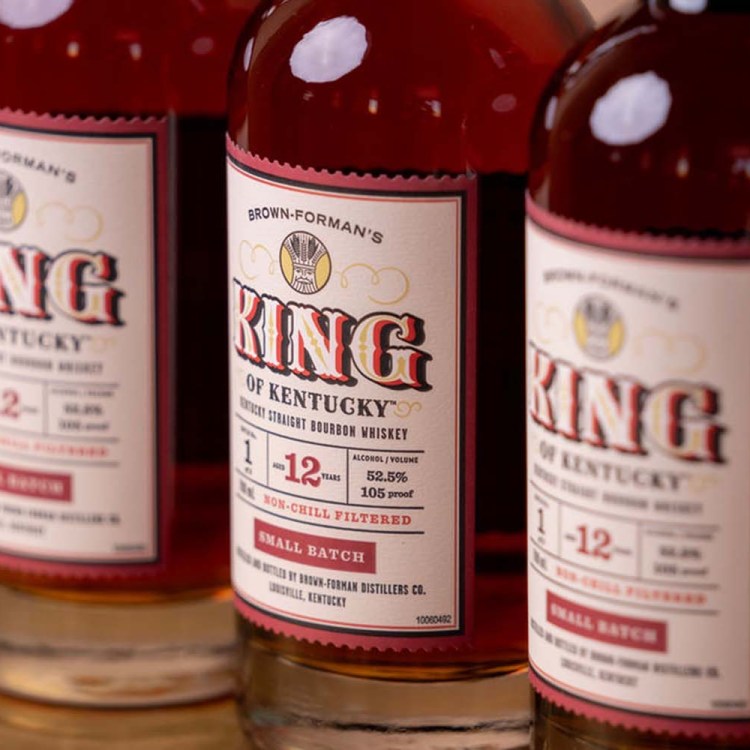Climate change is already impacting just about every industry, and with the way things are going, it’s only going to get much worse. When it comes to beer, the timeline of when consumers will start to see drastic shortages may come fast. The CEO of Asahi, Atsushi Katsuki, recently told the Financial Times that there’s “a risk that we may not be able to produce enough beer” in 30 years. It’s a stark statement from the leader of the seventh largest brewing company in the world by production volume.
The main issue is that today’s agricultural practices, faced with a warmer planet, means lower barley yields and lower quality hops, an analysis from Asahi found — meaning higher costs, shortages and a potential impact on flavor. Asahi’s research into climate change’s impact focused on its suppliers in Europe. According to the Financial Times, barley yield could decrease by as much as 18% in France and 15% in Poland by 2050. Extreme weather is already hurting barley yields and causing prices to rise. Hop quality could sink 25% in the hop-heavy Czech Republic, which grows some of the most hops in the world, particularly those traditionally used in lagers.
The exact meaning of hop “quality” decreasing isn’t fully explained, but studies have already shown what a warmer planet can do to the crop. Hop vendor BarthHass explains that the compounds that impart bitterness, the alpha acids, can decrease by up to 70% in hot and dry summers compared to historical averages. A 2021 study published in the journal BrewingScience found that hotter days especially hurt traditional hop varieties native to Germany and led to lower alpha acids, as well as other important factors like the levels of beta acid, xanthohumol, polyphenols, oil content and everything else that imparts flavor. The compounds that add citrus and floral notes like linalool, geraniol and myrcene, along with fruity esters, were the most commonly lost. However, the effects weren’t consistent across the board. Younger German hop varieties like Magnum, Taurus and Herkules were more heat-resistant, as were German hops that had been crossbred with American varieties.
A hop variety’s genetics guides which flavorful compounds it’s capable of producing, but the environment dictates whether those genes are fully expressed. It’s not just hotter days that are making things harder for hops, but hotter nights, Colleen Doherty, associate professor of molecular and structural biochemistry at NC State, wrote in an explainer. Developing flowers are particularly heat sensitive, so many plants invest energy into their flowers at night. In many areas already impacted by climate change, the nighttime temperature is rising faster than the daytime temperature.
Barley fares even worse in the heat. The plant is a cool-season crop that thrives between 68 and 77 degrees Fahrenheit. It also requires significant water. Hotter, dryer weather stresses the plant out and leads to lower yields, not to mention more diseases and pests.
The USDA Gave Millions to Farms Negatively Impacting Climate Change Last Year
The grant money given could incentivize an increase of agricultural methane from cow burps, critics sayAsahi tracks harvest volume and quality to help mitigate all of the factors that can complicate beer’s supply chain. It’s not the only mega beer company that’s planning for a hotter, more difficult future. AB InBev is researching drought-resistant barley in Africa and has set aggressive sustainability goals like sourcing 100% of energy from renewable sources by 2025. MillerCoors aims to make its products with 22% less water and grow barley with 10% less water by 2025, among other initiatives. Craft brewing stalwarts like Sierra Nevada and New Belgium have taken major strides in becoming more sustainable, while upstarts are using new brewing techniques to lower their carbon footprint.
Yet, even the most sustainable, environmentally friendly brewery can’t stop climate change. It takes a whole mindshift in the way that modern humanity operates — which, judging from how far the past decades of climate activism have gotten us and the denialism that still lives on today, is hard to do. All of the upgrades to a brewery’s operations can’t save the farms already facing more heat, less water and more frequent extreme weather events.
Agricultural initiatives could help farmers transition to a new required way of farming that deals with heat. Farmers in Oregon, for example, are growing hops under solar panels to take advantage of the cooling shade. In some cases, regions that have become famous for certain crops won’t really be able to grow them the same way, and other regions where the climate may have changed more favorably for barley and hops will have to convert fields to fill the demand. Both of these changes could lead to different tasting or higher priced beer.
What that new world of agriculture actually looks like is yet to be determined, but it’s clear that the rate of climate change is already drastically changing beer crops as we know it.
Every Thursday, our resident experts see to it that you’re up to date on the latest from the world of drinks. Trend reports, bottle reviews, cocktail recipes and more. Sign up for THE SPILL now.
